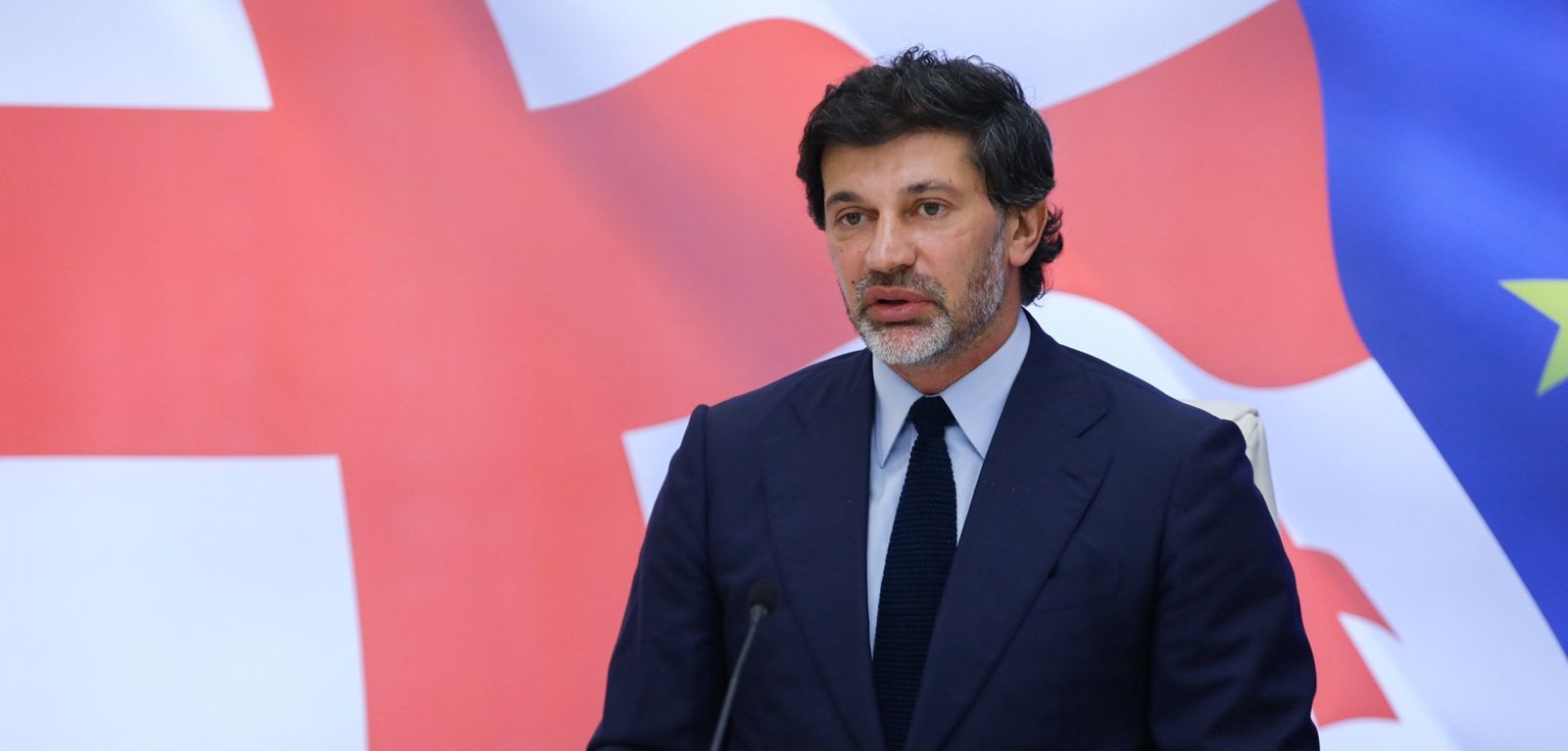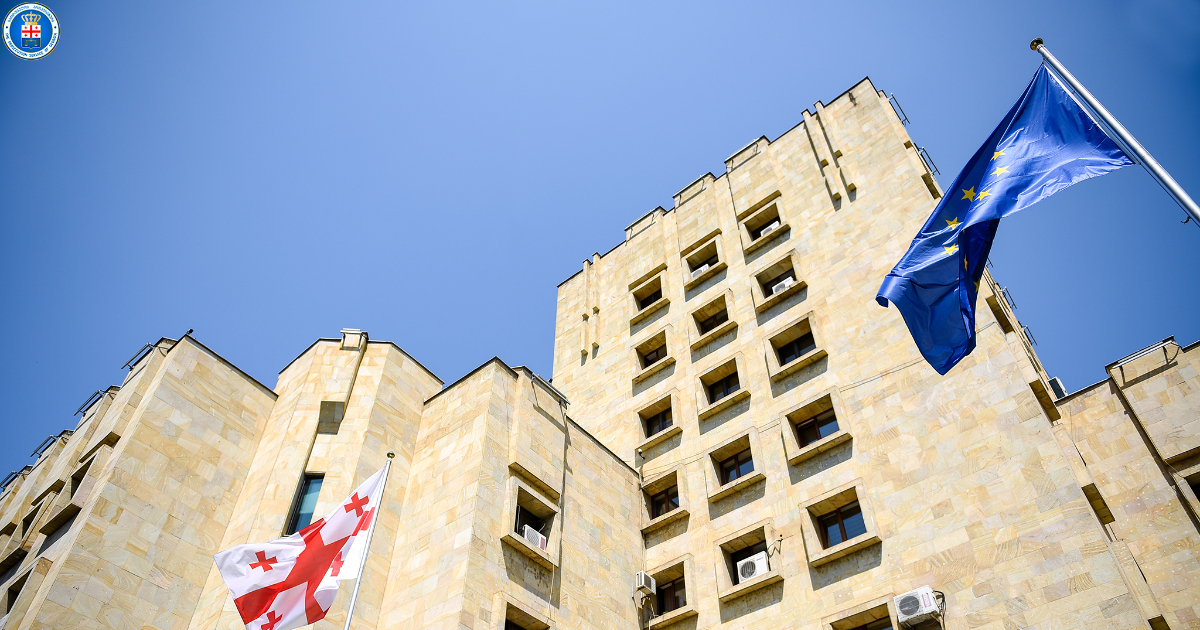Tbilisi mayor urges “independent analysis” amidst protests to “defend sovereignty”

Author
Front News Georgia
Tbilisi Mayor Kakha Kaladze on Thursday emphasized the importance of independent analysis during a session of the capital’s government, urging young protestors to scrutinize the proposed foreign influence bill and compare it with similar legislation from other nations.
Addressing the demonstrators, Kaladze urged those not affiliated with “radical factions” to consider Georgia’s commitment to European integration, citing constitutional provisions, association agreements, and trade pacts as evidence of the country’s European trajectory.
He underscored the fundamental role of politicians in “safeguarding national interests”, asserting that elected officials in foreign countries “prioritize their own nations’ concerns”. Kaladze emphasized the need for Georgia to protect its sovereignty and statehood, cautioning against external interference and emphasizing the importance of transparent funding for civil society organizations.
Kaladze expressed readiness for partnership but stressed the importance of mutual respect and reciprocity in international relations.
He voiced optimism that truth would prevail and encouraged young people to critically evaluate information, emphasizing the importance of defending Georgia’s interests and sovereignty.
The Georgian Parliament on Tuesday passed the controversial foreign transparency bill in its third and final reading amidst mass protests in Tbilisi and international criticism that it could impede the country’s European integration.
The bill has been passed to the President to sign to go into effect, who had pledged to veto it.
The bill, initially proposed by the ruling party last year and retracted after mass protests, was resubmitted by the ruling power in March. Although the substance of the bill remained largely intact, amendments were made to the title, replacing the term “agent” with “Organization Pursuing the Interests of a Foreign Power” for entities deriving more than 20 percent of their income from abroad.
Critics both domestically and internationally have labeled the bill as a “Russian law,” with foreign allies cautioning that it could hinder Georgia’s European integration efforts, particularly after the country attained candidacy status within the European bloc last year.
Tags:





